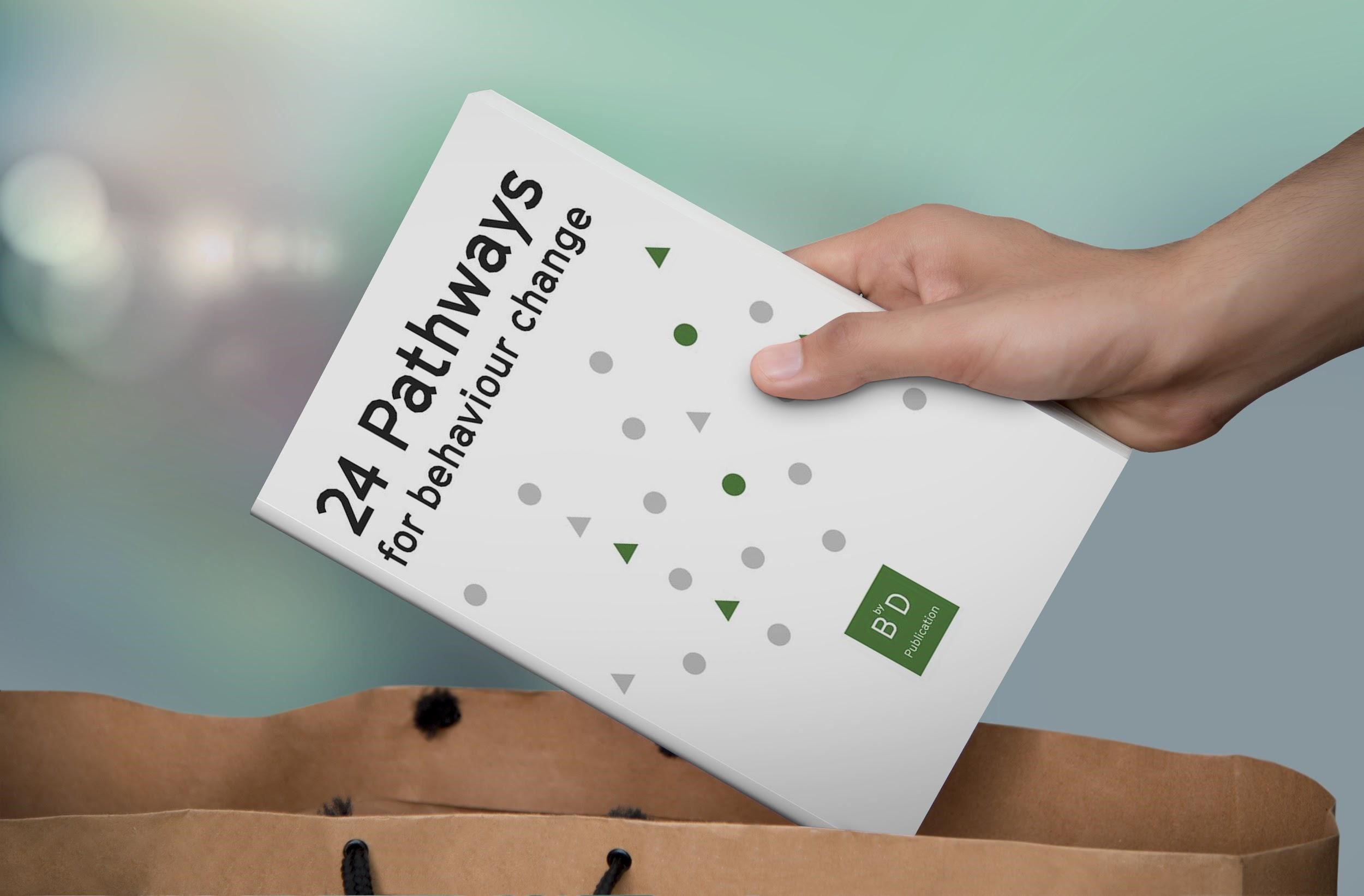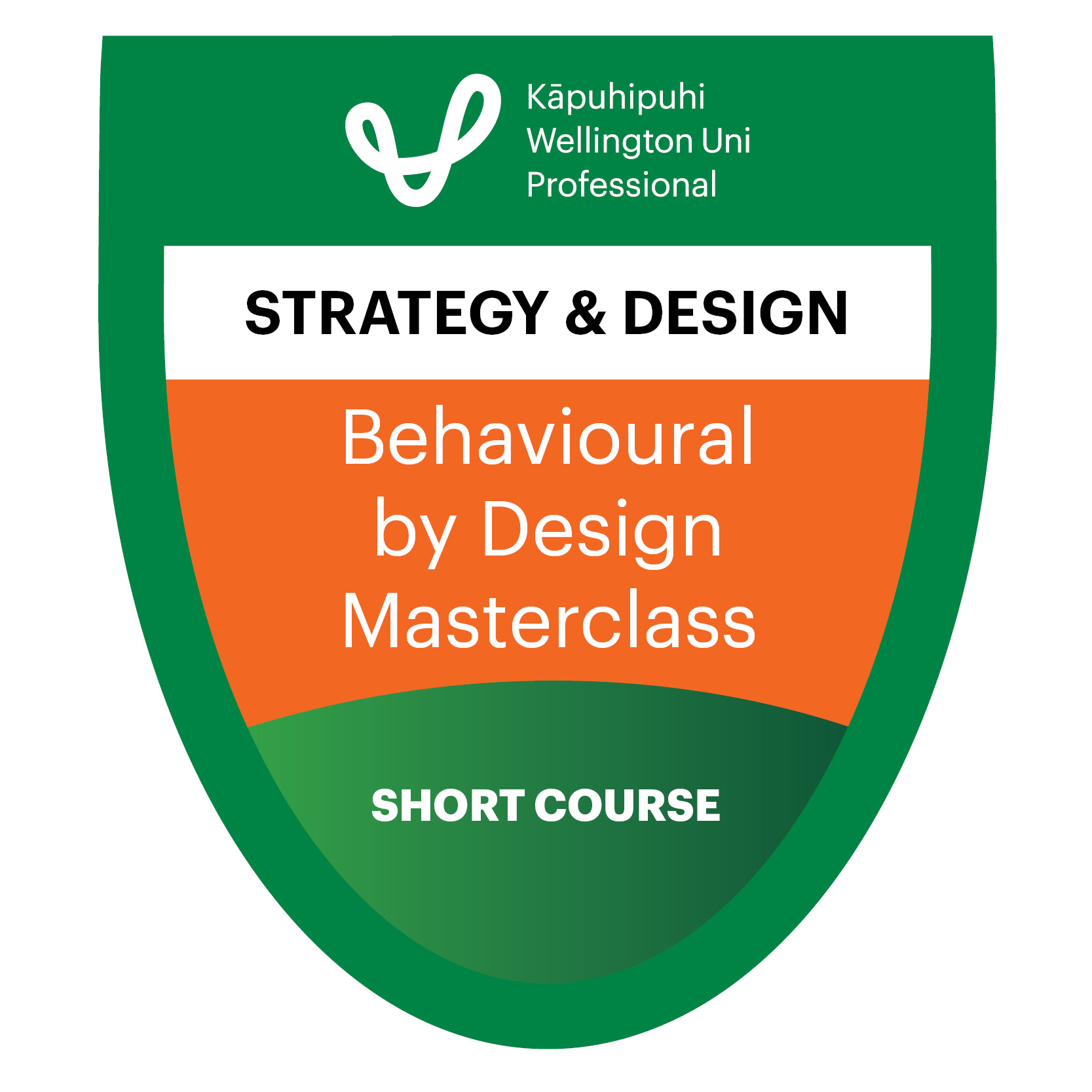Behavioural by Design Masterclass
Achieving change using tools to design behaviourally-informed communications, policy and products/services.

Course overview
Behavioural science and design tools have emerged as one of the most desirable skills for driving psychological innovations across leading organisations. This masterclass dives into decades of insights and case studies across interdisciplinary fields from cognitive psychology, behavioural economics and human-centred design to help you embed evidence-based insights in your organisation.
You will walk out with strategies on how to adopt behaviour change tools to design behaviourally-informed communications, policy and products/services.
Have a look at a class Behavioural by Design Masterclass

What you'll learn
- Understand how we make decisions with practical models plus case-studies from behavioural science, design and psychology – LEARN.
- Adopt 24 PATHWAYS for behaviour change and 5 STEPS to behavioural innovation in your toolkit to solve challenges – APPLY.
- Become a Level 1 Behavioural by Design Practitioner to create meaningful behaviour change with teams in your organisation – QUALIFY.
Course modules
Module 1 – Behavioural Science Foundation
Understanding how we make decisions, mental shortcuts and biases using models, frameworks and case-studies from behavioural science.
Module 2 – Mindsets and Methods of Behavioural Design
Applying behavioural design within an ethical framework, surfacing deeper audience insights on what actually blocks and enables behaviour change.
Module 3 – Behavioural by Design Toolkit
Get familiar with a range of behaviour change tools including the 24 PATHWAYS book, strategy cards and 5 STEPS to behavioural innovation.
Further Information
Format
This course is delivered as a full-day in-person workshop at our Wellington venue. It includes a mix of facilitator-led sessions, small-group exercises, and whole-group discussion. Group size is limited to 16 participants to ensure meaningful interaction and personal feedback. Morning tea, lunch, and afternoon tea are provided to support networking and collaboration.
What You'll Receive
You will receive a digital certificate of attendance and a Wellington Uni-Professional digital badge. These include the Continuing Professional Development (CPD) hours completed, making them suitable for recognition by professional organisations and employers.

Here's what others are saying
“Liked the delivery of the course, fun and informative. Learned ways to look at problems/ issues/ desired outcomes with behavioural thinking in mind.”
“I really liked the opportunity to learn the basics of behavioural economics alongside policy professionals across government – interesting insights into how different departments are employing these methods.”
“I thought the day was really well structured, and practical activities well planned – in particular the booklet and cards are an invaluable resource for supporting future work!”






